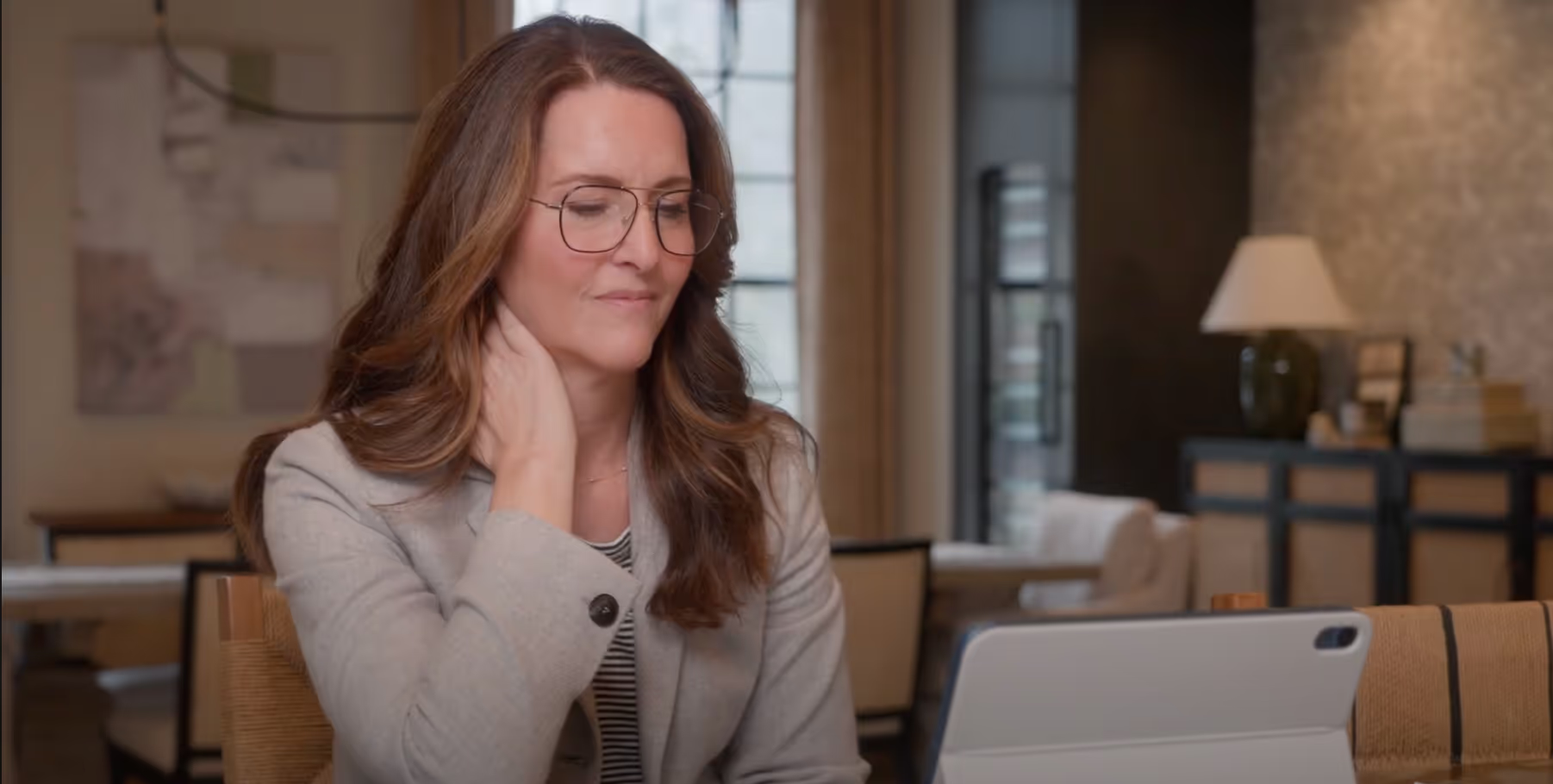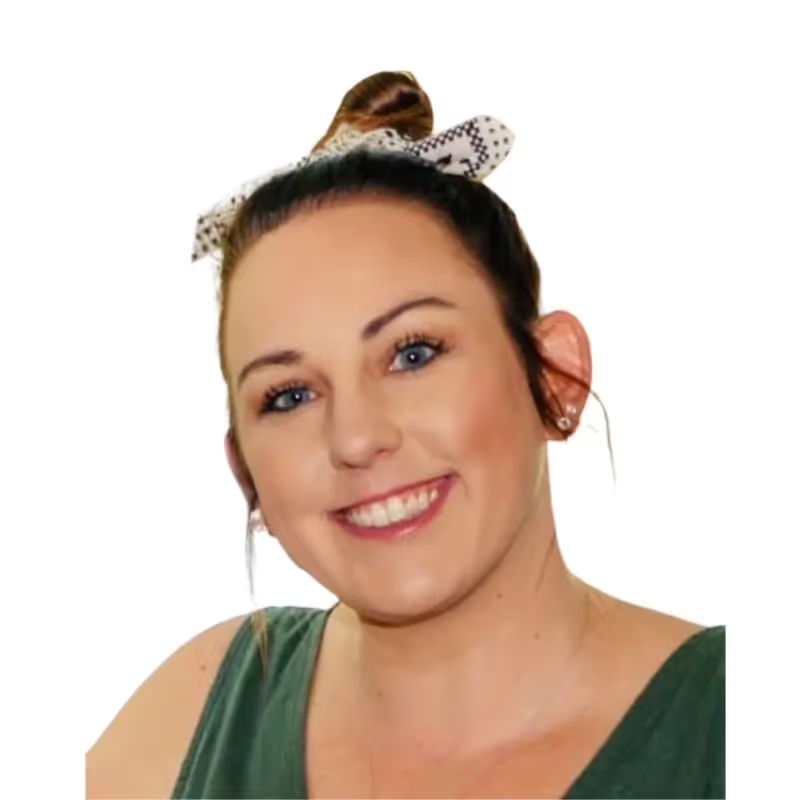This Friday is National Caregiver Day and, honestly, I had no idea that such a day existed before a teammate told me about it. I’m grateful that it does, though, and want to share why.
In this season of my life, I often play the role of caretaker. I am a mother, wife, daughter, friend, and physician, and each of those roles often requires putting others’ needs first. As a mom, it may mean working with my husband to coordinate mundane things like drop-offs and pickups; as a physician, it can mean spending the extra hour to identify resources that might improve a patient’s disease or, at the very least, their quality of life. And, as a daughter, it means supporting my parents, who live with us. My father is on hospice and I’m routinely trying to help address his needs while also spending as much time as possible with him and my mom.
In the course of supporting my parents and my patients, I’ve learned that being a caretaker who needs to navigate the health system is REALLY hard! Despite my background in medicine, I am still at a loss sometimes. In the past, I struggled to remotely support my dad’s care, and it can still be challenging now when I’m only a room away. I see the same challenge in front of so many of my patients and their care partners: They are asked to process a diagnosis that completely changes the course of their lives while also trying to determine whether they’re getting the best care, where to look for the right resources, and how to nourish their relationship in the meantime.
The reality is that caregiving–especially being a care partner to someone with a terminal or life-altering diagnosis–is more than a full-time job. But, caregivers rarely have the opportunity to focus only on their diagnosed loved one. I’ve watched my mom simultaneously work to take care of my dad while also dealing with her own ailments and doing her best to be the parent, grandparent, sister, and friend she wants to be. This is a burden she carries beautifully, but it doesn’t diminish its weight or difficulty.
I’ve grappled with similar challenges. As I work to support my dad’s care, I also want to show my husband how much I appreciate and love him, to enjoy these fleeting years with my sons, and to be the physician I believe my patients deserve. In the middle of all that, it can be difficult to remember to care for myself. I’m grateful that I’m not walking this caregiving journey alone and that I have others, including family, friends, and my dad’s hospice team, to ease the way.
.avif)
All of this–the balancing act, the logistics navigation, the constant demand on head and heart–makes caregiving really ***ing hard but I wouldn’t have it any other way. I am grateful for the chance to support my dad, my family, and my patients. Part of what initially made Synapticure so attractive to me is that we are a team who is here to provide comprehensive support, whenever and however possible, to those who need it most. We want to be those helping hands, that sounding board, that extra set of eyes and ears to help guide some of your most important decisions. Getting to play that role professionally and personally is such a fulfilling part of my life.
I opened this post by saying that I’m grateful for National Caregivers Day. Why? Partly because it reminds me to recognize all the arenas where I support others and to give myself grace where I might be tempted to be hard on myself. Equally importantly, though, it reminds me that I can’t be the best caregiver if I don’t take care of my own mental and physical health.
So on Friday, like every other day when you’re taking care of everyone else, make sure to take a little time to do something for yourself–a little treat, a little quiet time, or much-needed respite–and know that we are here to support you.
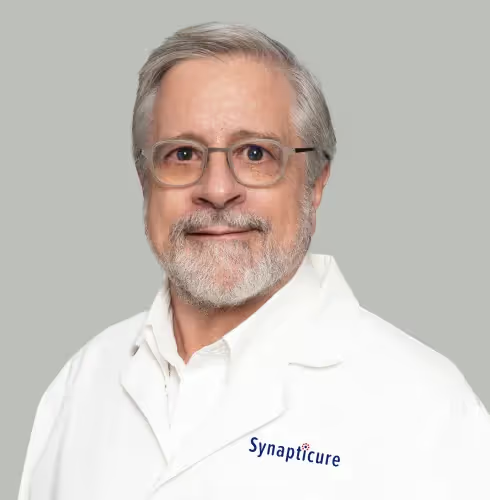
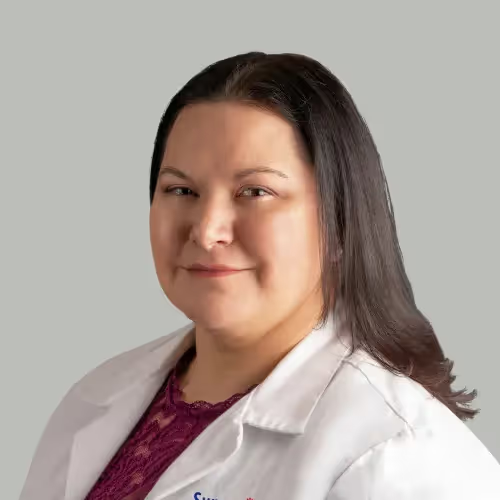



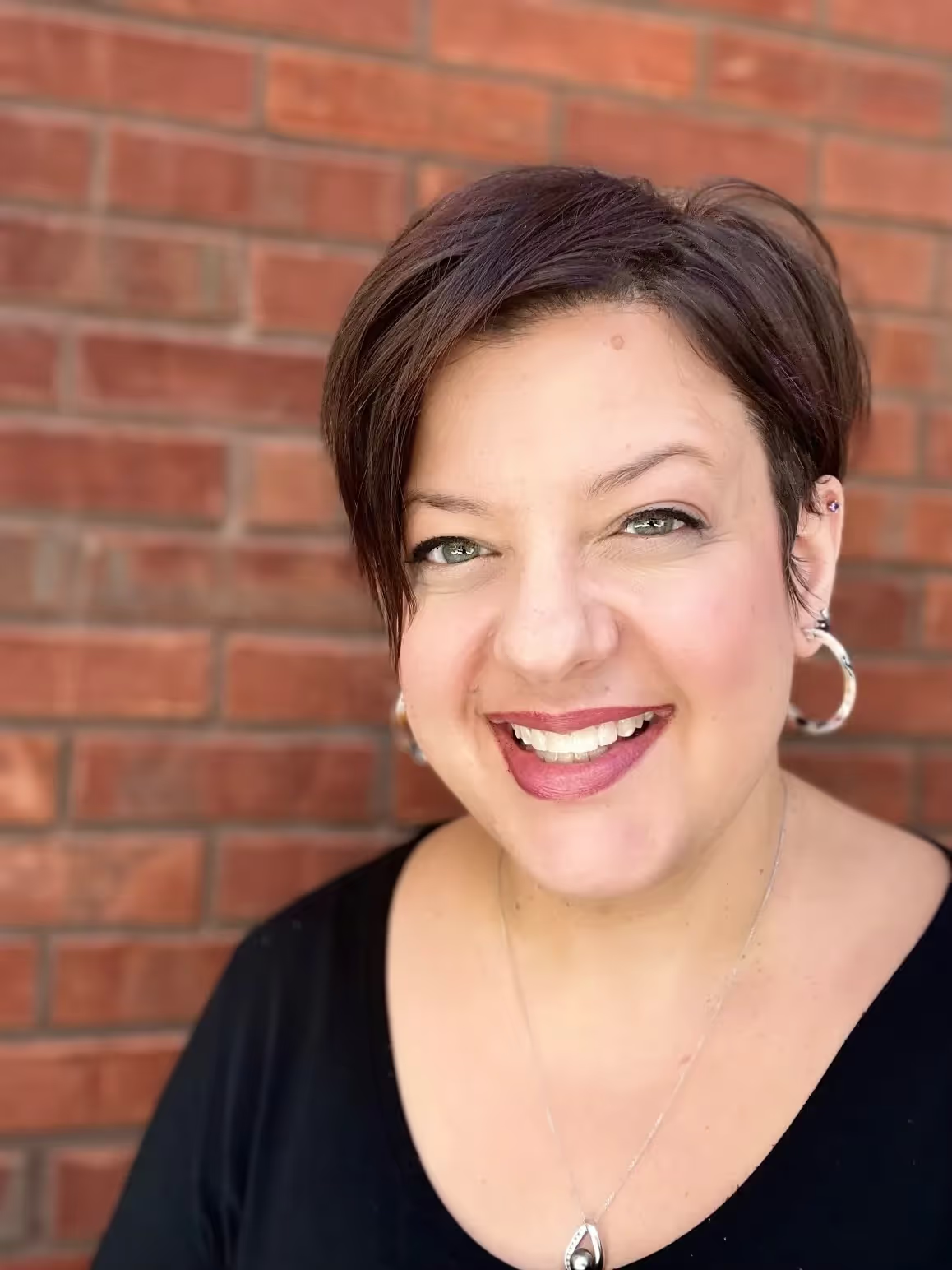
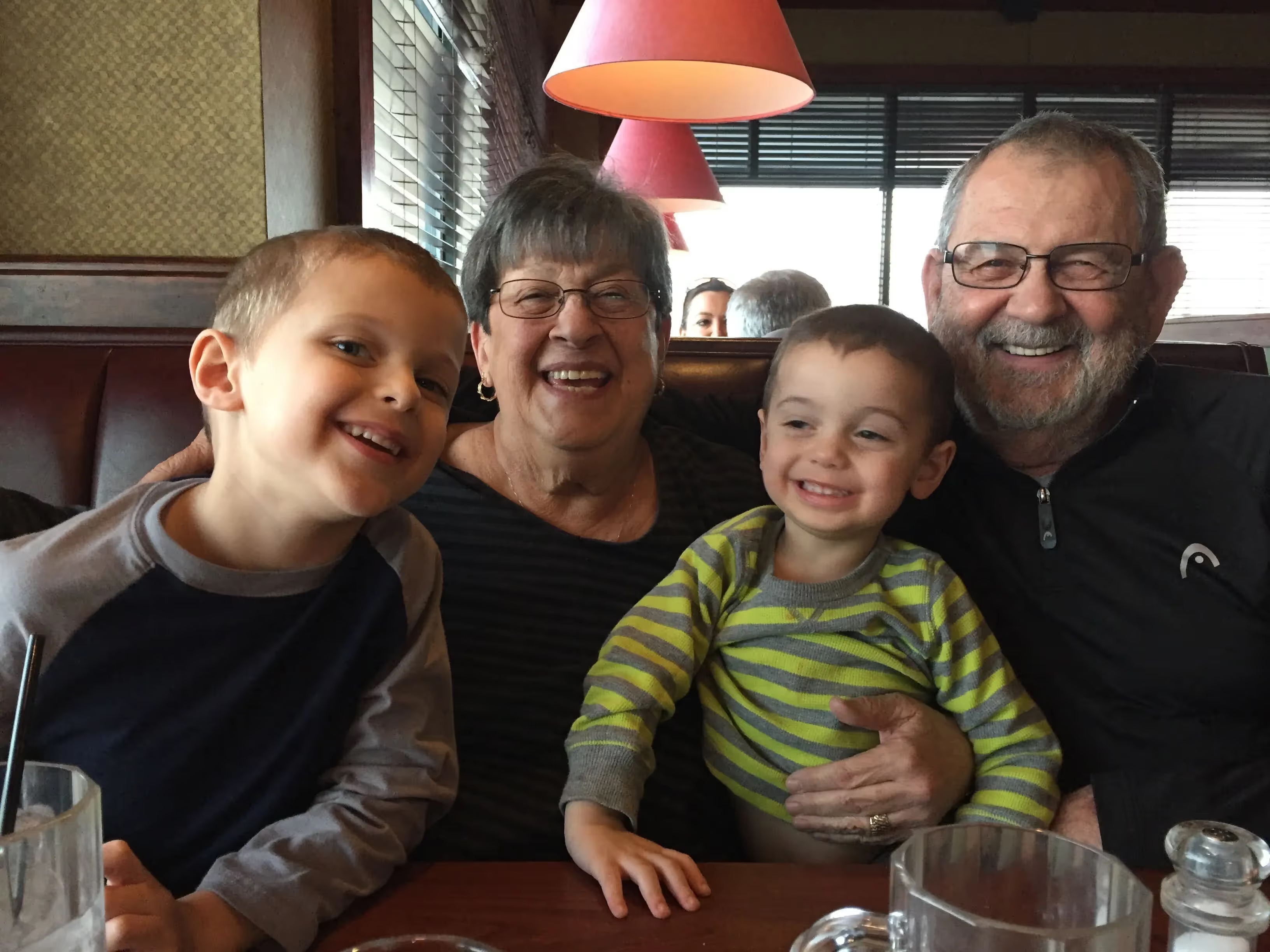




.png)
